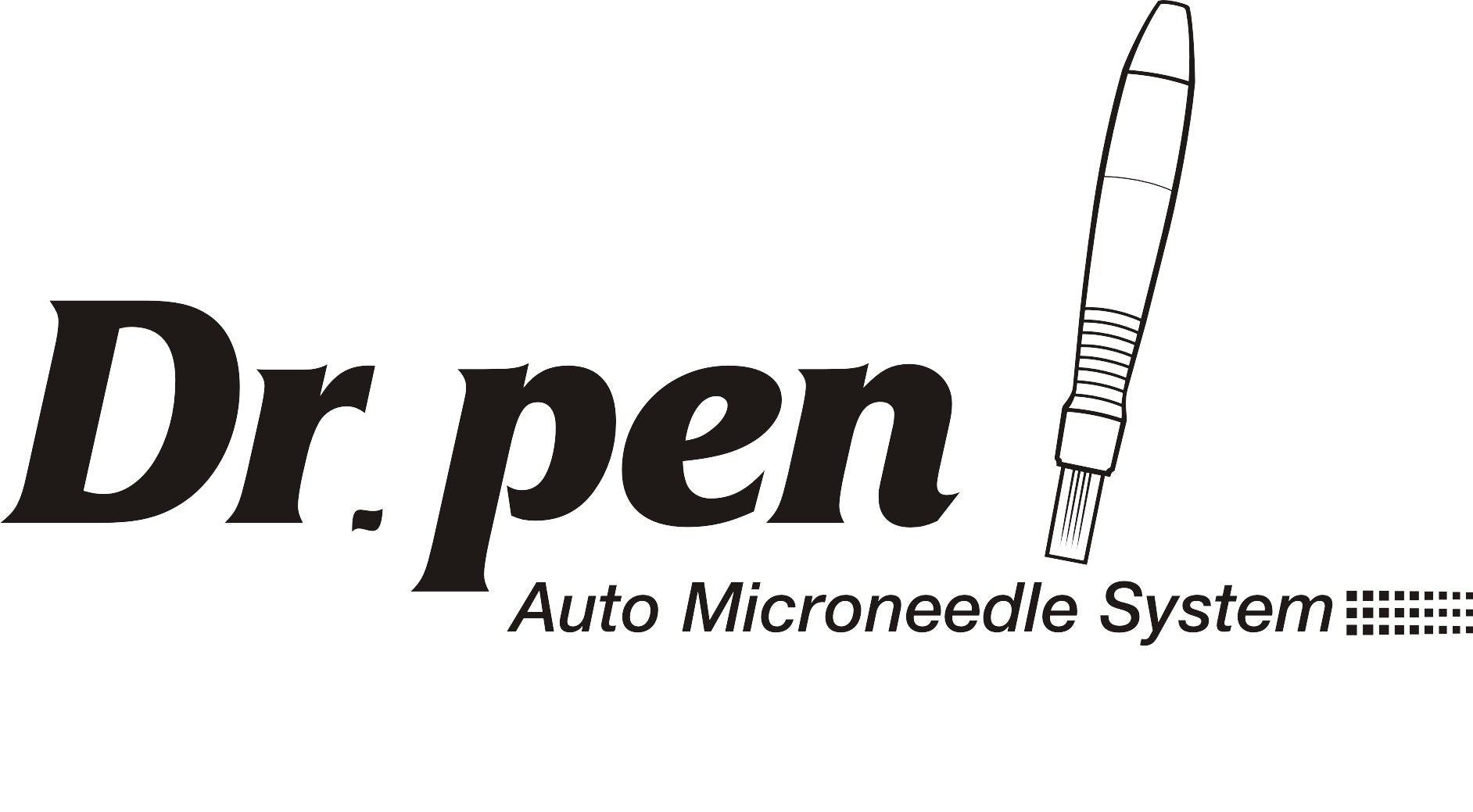Table of contents
Microneedling depth and speed are very important for the safety and comfort of the procedure. Let's start with the basics: Dr. Pen needle depth chart and speed guide.
Dr. Pen microneedling depth chart
The chart below is based on needle depth recommended by microneedling pen manufacturers and practicing estheticians. If you're a beginner, start with lower parameters and finely increase them when ready.
For at-home microneedling, begin with a depth of 0.25 mm, increasing to a maximum of 1.00 mm. If unsure about the process or settings for your skin, consult a doctor or dermatologist for guidance.
Slower microneedling speeds are ideal for beginners. Experienced users can opt for faster speeds and more needles for quicker treatments and better serum absorption. Studies show that a needle length of 0.5 mm enhances penetration.
|
AREA |
THIN SKIN |
THICK SKIN |
SPEED |
|---|---|---|---|
|
Forehead |
0.25‑0.5 mm |
0.5‑0.75 mm |
1‑3 |
|
Between Eyebrows |
0.25‑0.5 mm |
0.5‑1.0 mm |
1‑3 |
|
Nose |
0.25 mm |
0.5 mm |
1‑2 |
|
Around the eyes |
0.25 mm |
0.25‑0.5 mm |
1‑3 |
|
Cheekbones |
0.5 mm |
0.5‑1.0 mm |
1‑3 |
|
Cheek and Chin |
0.5‑1.0 mm |
1.0‑2.0 mm |
2‑4 |
|
Upper Lip |
0.25 mm |
0.25‑0.75 mm |
1‑2 |
|
Facial Scarring |
1.0‑1.25 mm |
1.5‑2.0 mm |
1‑3 |
|
Stretch Marks |
1.5‑2.0 mm |
1.5‑2.0 mm |
2‑4 |
|
Surgical & Burn Scars |
0.25‑0.5 mm |
4‑6 |
|
Recovery time after microneedling
When considering microneedling, an essential factor to remember is how the needle's depth influences recovery duration. Typically, a deep microneedling penetration leads to a more extended recovery period.
However, it's important to note that individual experiences may vary. Downtime usually shows up as itching, redness, peeling, and swelling. Below, you will find a general estimate of the downtime associated with different needle depths:
-
0.2 to 0.5 mm: about 2 to 3 days
-
0.8 to 1.5 mm: about 4 to 5 days
-
2.0 to 3.0 mm: about 6 to 7 days
Dr. Pen needle guide: goals & purpose
How deep does microneedling go? It depends on what problem you intend to solve.
Make skin shiny and improve pores — 0.5‑1mm
If you have no major skin problems and wish to improve skin texture and pores, we recommend a depth of 0.5 to 1.0 mm, which allows us to approach the epidermis.
The skin has a barrier function, limiting active ingredient penetration by simply applying the serum or lotion. If the depth of the microneedling pen is adjusted, the active ingredients can penetrate beyond the upper skin layer. Lotions based on Niacinamide, Hyaluronic acid, Salicylic acid, and other products* control sebum, which causes clogged pores.
Heal craters and acne scars — 1.5‑2mm
A depth of 1.5 to 2.0 mm is recommended for craters and acne scars, which allows for a lower skin level approach.
A crater is a mark where inflammation, such as acne, has progressed, and the pore walls have broken down and widened. Approaching the bottom of the crater is expected to stimulate collagen production.
You can also treat acne scars with a chemical peeling* introduction to improve acne scars by activating turnover.
Heal stretch marks — 2.5‑3 mm
A 2.5 to 3.0 mm depth with the dermal layer is recommended for stretch marks.
Stretch marks are a condition in which the skin is stretched rapidly, and the dermis is broken. Stretch marks can be thinned and made less noticeable by stimulating collagen production by inserting needles into the dermis layer.
Use microneedles in various treatments and in combination with serums* to enhance their effectiveness.
*Consult with a professional to choose proper skincare products.
Latest Stories
- 5 min read
Microneedling Can Fade Scars, Uneven Skin Tone, and More
Microneedling is more than just a trend — it can reduce scars, fade hyperpigmentation, smooth texture, and even out skin tone. 🚀 Learn how it works
- 6 min read
How Long Does It Take to See Results From Microneedling?
Microneedling can deliver amazing skin results, but how soon will you see them? Р 🚀 Learn what to expect after treatment and how to speed up recovery
- 6 min read
Wondering if microneedling hurts? 🚀 We break down what to expect during the procedure, pain levels, and how to make it more comfortable





